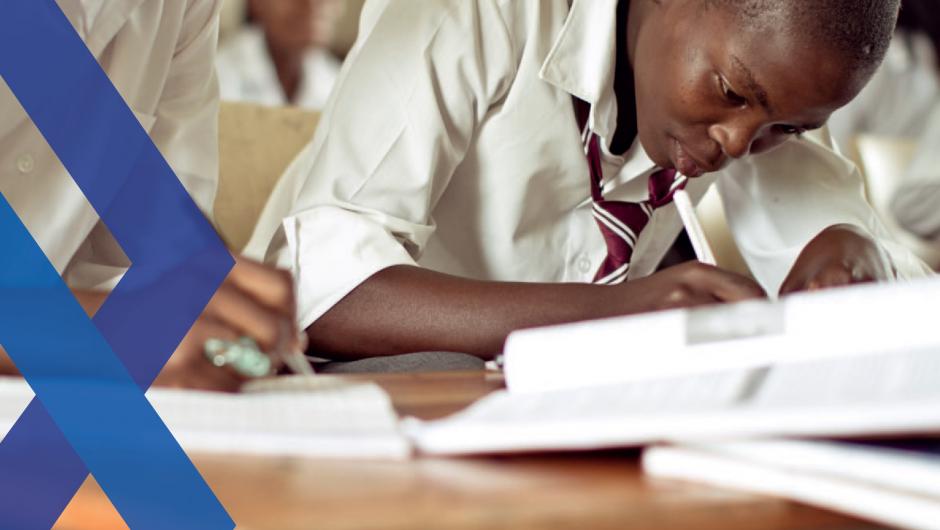Achievement and Enterprise in School Education

On average, pupils in independent schools in South Africa achieve much better National Senior Certificate results (sometimes loosely known as “matriculation” results) than do their counterparts in public schools. This applies to the overall pass rate, as well as to the higher “bachelor” pass rate required for admission to university to study for a degree. Dissatisfaction with lower pass rates in public schools has generated demand for more independent schools, including low-fee independent schools.
Inevitably, however, the average figures for pass rates conceal the better performance of many public schools. These include not only suburban public schools that were previously open only to whites, but also public schools in townships, most of which are not permitted to charge fees on the grounds that the surrounding communities are too poor. One major consequence of this is that these no-fee schools are unable to employ additional teachers, whereas fee-charging suburban schools have the wherewithal to do so. Despite this disadvantage, some of the no-fee schools achieve bachelor pass rates significantly above the national average for public schools.
Part One of this paper is largely based on interviews with principals of both township and suburban schools. Eight of the interviews were with public schools, and four with independent schools, including a “special needs” school. All of the interviewees were asked to describe the “secrets of their success”. While Part One of the paper extracts various themes from these interviews, the Appendix consists of more detailed notes based on the interviews at each school. Given their successes, the schools are described as the “distinguished dozen”.
Part Two of the paper notes that independent schooling is growing not only in South Africa, but also in many other parts of the world, including Africa. Indeed, a report produced by two UN and two African agencies on the continent’s development goals recommended greater private sector involvement in education. This MDG 2014 Report noted that foreign aid for Africa was likely to continue declining, and that if the continent was to meet its development goals, private investment would be needed.
These proposals have, however, been strongly attacked by a group of 30 or more lobby groups, including some in South Africa. Part Two of the paper highlights the major arguments in the MDG 2014 Report. It also itemises the key complaints by these lobby groups against that report. This part of the paper then evaluates these complaints. It also discusses the specific case of Liberia, recently in the news for its efforts to subcontract the running of some of its schools to private companies.
Part Three of the paper draws these various threads together. The Appendix then follows with the notes based on interviews with the “distinguished dozen” principals.
Achievement and Enterprise in School Education [DOWNLOAD]
-
![Achievement and Enterprise in School Education [DOWNLOAD]](/sites/default/files/styles/uv_publication/public/2021-01/achievementandenterpriseinschooleducation0118_0.jpeg?itok=orGcCl5c)
A SOUTH AFRICAN INSTITUTE OF RACE RELATIONS STUDY PUBLISHED WITH SUPPORT FROM THE FRIEDRICH NAUMANN FOUNDATION FOR FREEDOM